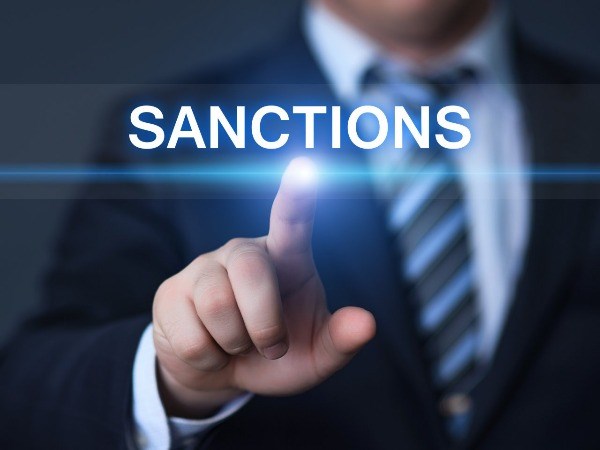Kremlin: Russia prepares for new U.S. ‘radical sanctions’
The Kremlin considers the possibility that the U.S. could impose new sanctions against Russia, said Russian Presidential press secretary Dmitry Peskov at a press briefing.
"We understand that the second part of sanctions will be announced by Washington based on the mechanisms in place," Peskov said.
Peskov stressed that, although the possible radical sanctions have only been reported by the media, Moscow is still "working out different scenarios on how to better protect the interests of the country, citizens and business."
Peskov noted that it is necessary to prepare for new sanctions also taking into account the fact that Russia and the United States have different positions on chemical weapons. "There are assumptions that Russia has chemical weapons. But there is no such data and there can be no such data, because Russia destroyed its chemical arsenal a long time ago," he said.
Putin’s press secretary also said that it is inappropriate to speculate about sanctions on Russian businessmen. "We hope that such crazy statements will remain only on the pages of the media and will not find fertile ground in the American official establishment," he said.
Earlier, Bloomberg agency, citing sources, reported that the U.S. and Great Britain are discussing the imposition of additional sanctions against Russia for the use of chemical weapons. They can include restrictions against "Russian oligarchs" and such "extreme steps" as sanctions against Russia's sovereign debt.
Bloomberg points out that Russia "continues to obstruct" the investigation into the poisoning of Alexei Navalny. The U.S. intelligence agencies believe that the reason for the hospitalization of the oppositionist was the use of a poisonous substance from the Novichok group. Moscow insists that the use of the poison has not yet been confirmed.
In January, Navalny was detained and arrested after returning from Germany, where he had been treated since August after being poisoned. The Russian Federal Penitentiary Service accused him of violating the terms of probation in the case of Yves Roche and demanded to replace the suspended sentence with a real one. The court granted this petition. The oppositionist was sentenced to two and a half years in a penal colony.
On March 2, the U.S. Department of the Treasury, Department of Commerce and Department of State imposed sanctions against Russian individuals and entities. The first deputy head of the presidential administration Sergey Kirienko, the head of the FSB Alexander Bortnikov, the Prosecutor General Igor Krasnov, the head of the Penitentiary Service Alexander Kalashnikov and others fell under the new restrictions. They are banned from entering the U.S. Their assets, if found in the U.S., will be seized. Measures have also been introduced against the FSB, the State Research Institute of Organic Chemistry and Technology and the scientific institutes of the Defense Ministry of Defense.
